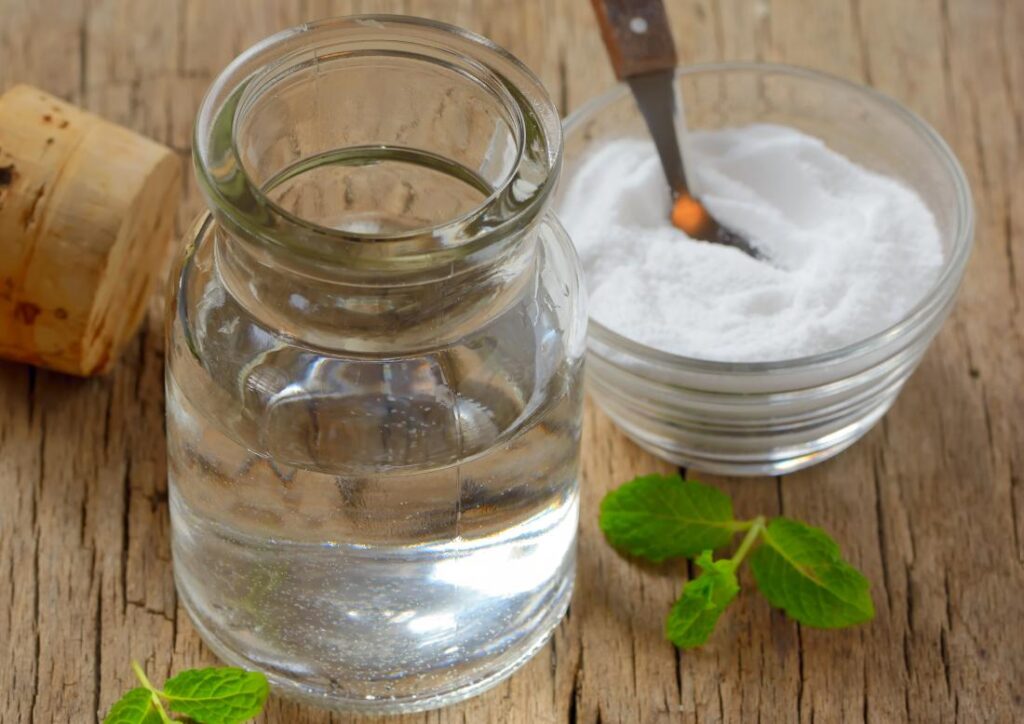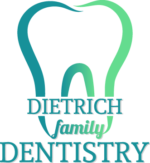Salt water rinsing a natural remedy

Salt water rinsing, also known as saline rinsing, involves using a solution of salt and warm water to rinse your mouth. Here are some details on the benefits and usage of salt water rinsing:
- How to make a salt water rinse: Mix half a teaspoon of salt in a cup of warm water. Stir the solution until the salt is dissolved completely. You can adjust the amount of salt based on your preference, but it’s important not to use too much salt as it can cause discomfort.
- Reduces inflammation and infection: Salt water rinse creates a saline environment that can help reduce inflammation and fight off infection in the mouth. It can be beneficial for conditions like gingivitis (gum inflammation) and canker sores.
- Relieves sore gums: If you’re experiencing gum pain or sensitivity, rinsing with salt water can provide temporary relief. The solution can help soothe and reduce swelling in the gums.
- Promotes wound healing: Salt water rinse can aid in the healing process of oral wounds, such as after oral surgery or extractions. The saline solution helps keep the area clean, reduce bacteria, and support the natural healing process.
- Alleviates bad breath: Salt water rinse can help neutralize odours and freshen your breath by reducing the number of bacteria in the mouth.
- Safe and cost-effective: Salt water rinsing is a safe and natural practice that doesn’t contain any harsh chemicals or additives. It’s also an affordable and easily accessible option for maintaining oral health.
- Usage frequency: You can use salt water rinse 2-3 times a day or as directed by your dentist. It’s important not to swallow the solution but rather spit it out after rinsing.
- Complementary to regular oral care: Salt water rinsing should not replace your regular oral hygiene routine, which includes brushing your teeth twice a day, flossing, and regular dental check-ups. It can be used as a supplement to maintain oral health or during specific situations when oral issues arise.
Remember, while salt water rinsing can be beneficial for certain oral health problems, it’s always best to consult with your dentist or healthcare professional if you have persistent or severe symptoms. They can provide personalized advice and recommend appropriate treatments based on your specific needs.




